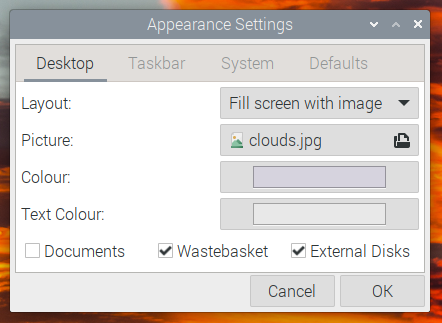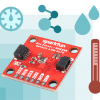Debian, the build of Linux that Raspberry Pi OS is based on, occasionally receives major upgrades, as most operating systems do. Since Raspberry Pi is based on Debian, it too gets an upgrade when this happens. The new version, called 'Bullseye,' just released so we're taking a quick look at some of the changes. (Fun fact: The versions of Debian are all named after characters from the Toy Story movies. Bullseye is Woody's horse.)
'Bullseye' brings a lot of the upgrades one would expect from an OS update. Lots of patches and bug fixes to create a better experience for the user. New features include a notification system like you might expect from your Windows or Mac machine and an updated plug-in for it that lets you know when software is updated or has an update available.
The full story over on the Raspberry Pi site goes into good detail about the changes to expect (not worth re-wording here), so I recommend checking it out.
One new feature is the appearance of tabbed interfaces.
This updated brings another thought to my mind. While not everyone who uses Raspberry Pi uses Raspberry Pi OS, for those who do use it, what features do you feel it's missing or that you would like to see? Those type of conversations always seem to happen around the hardware, but never the software. I'd be interested to know what everyone's needs are when it comes to the operating system.
UPDATE 11/10/2021: This update also brings the ability to bump the turbo-mode clock to 1.8GHz on some Raspberry Pi 4 models.







